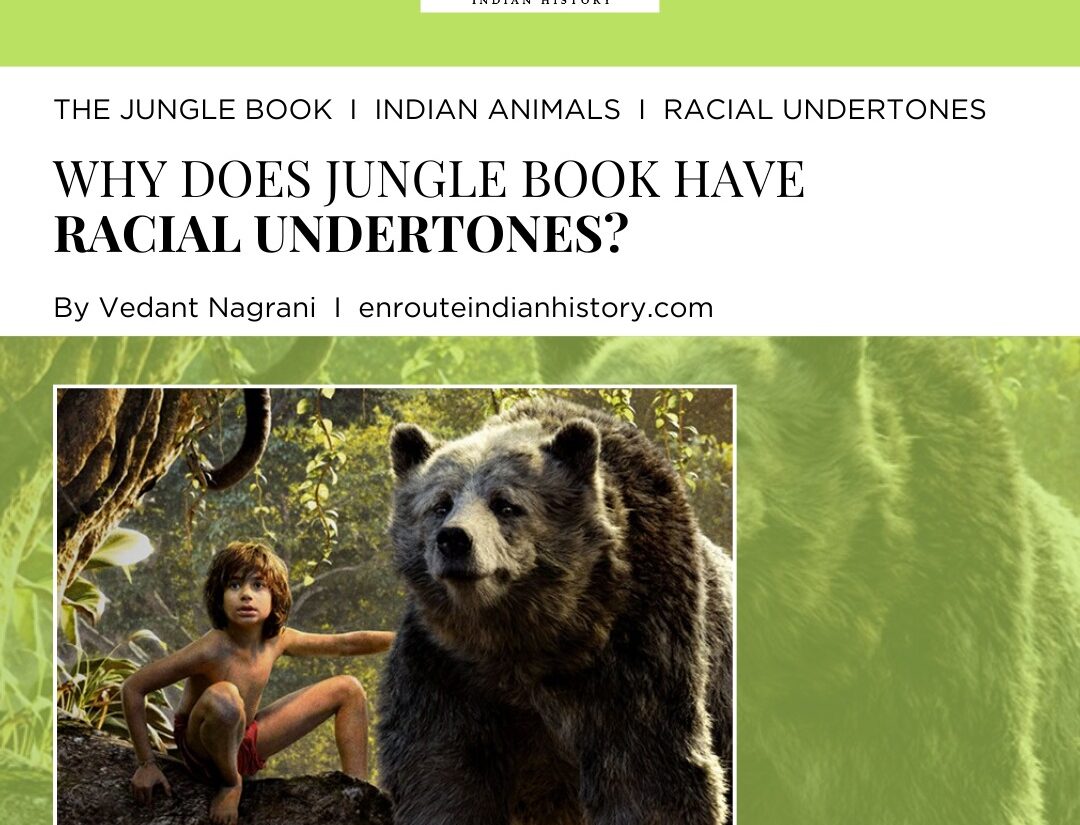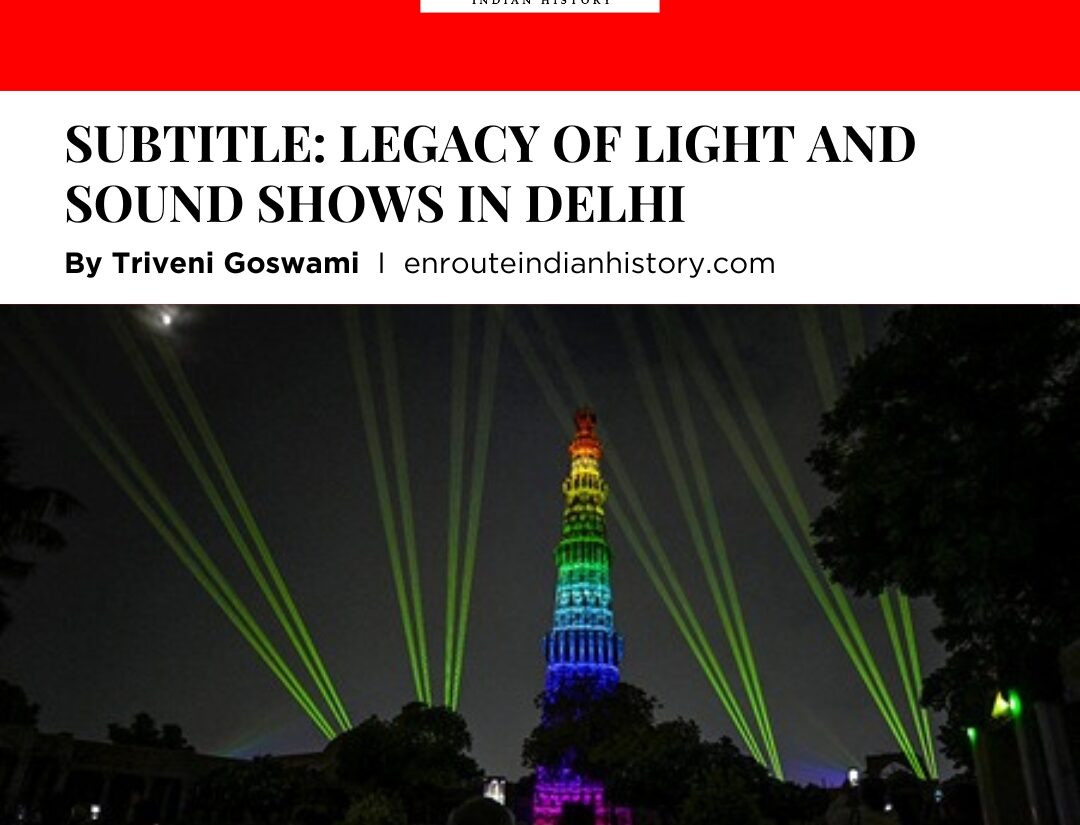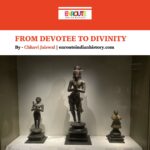
Take up the White Man’s burden—
Send forth the best ye breed—
Go bind your sons to exile
To serve your captives’ need;
To wait in heavy harness
On fluttered folk and wild—
Your new-caught, sullen peoples,
Half devil and half child.
(from “The White Man’s Burden”)
Rudyard Kipling, the English writer famous for his short stories and novels such as Kim (1901), shook the literary world with the publication of his collection of fables and tales on Mowgli, the half-wolf half-boy, namely The Jungle Book (1894). Though the book is famous for its unique characterization of Mowgli that has mesmerized its readers since its publication and led to multiple adaptations to the visual medium, it has been heavily criticized by postcolonial scholars for its depiction of the Orient and the narrative structure that they believe serves the purpose of advancing British Imperialism of which Kipling was an open supporter. This article explores how the popular tales of The Jungle Book and their Disney adaptations are filled with subtle yet powerful stereotypes of the Orient that reinforce held beliefs about “the Other” vis-a-vis the colonial self. It further examines how in the book mentioned above, Kipling conceived the self-assumed act of civilizing and reforming the colonies as “The White Man’s Burden”, a famous term coined by him in a poem that calls for the United States of America to colonize Philippines and seeks to justify Imperialism by projecting it as an act of enlightening the “cruel”, “brutal” and “backward savages” that were the former colonies.
Almost all the major classics of 19th-century English literature, though distinguished by their exquisite literary style, use of language, and carefully woven narratives, have been held guilty of their depiction of the racial “Other”. For instance, even a novel such as Jane Eyre that has been praised for its feminism, could not escape the criticism of postcolonial scholars like Edward Said who depicted how its representation of the “Madwoman in the Attic” i.e. Bertha Mason has not only been informed by colonial perspectives but also served as an instrument to advance and justify the British Imperialist project. Arguably, one of the functions of the 19th-century English novel was to establish the supremacy of the English nation and consequently support the English empire in its imperialist tendencies. This was primarily achieved by a process called “Othering” which involves the construction of characters and narratives in a manner such that “the self” or the colonizer is perceived as superior to “the other” or the colonized when the two are depicted together. Kipling’s The Jungle Book is no different in this case.
In The Jungle Book, Kipling employs anthropomorphism as he employs various human attributes in his characterization of animals of the jungle in the 7 fables of the first Jungle Book. Though the fables of The Jungle Book have Mowgli as the protagonist, the book also contains some independent fables that act as allegories of reactions to British Imperialism but also add to the Mowgli fables. Nonetheless, the characterization of Mowgli is very significant in exploring Oriental stereotypes in the text. Broadly speaking, the animals and the humans stand for the colonized and the colonizers in the text as is evident from the revolt of animals against the villagers led by Mowgli that acts as a metaphor for the Indian Revolt of 1857 against the English colonial powers which forms the historical background to the book. As Jane Hotchkiss, a prominent critic of Kipling, emphasizes: “Kipling’s colonial world is India, and his creation of a wolf-boy protagonist reflects the complexities of England’s longest relationship of imperial domination.”
According to Hotchkiss, the field of anthropology and race theory has been used to advance discourses that justify colonialism and the supremacy of the English race over their colonies. This is evident from the stories of Mowgli as the trope of the wild child has not merely been used to explore the issues of an identity crisis as seen in Mowgli but also to associate the “wild” with the “savage” Indians or other natives who had been colonized. The character of Mowgli represents the famous 19th-century idea of “the double” as he was born to a human mother namely Messua but brought up by a wolf, Raksha. This split between the association of birth with the human society and the association of foster care with the animal society causes complexities in the narrative when Mowgli finds himself in the animal society. Mowgli, despite being born to a human, associates himself with the animal society that he is forced to leave after 10 years of his upbringing as he is told that he is a human being. By the end of the first book, Mowgli is abandoned by the human society as well, who perceive him to be a “sorcerer” due to his association with the animal society and nature, a deeply Oriental perspective about Indians advanced by the colonizers of the text. He reunites with his human family by the end of the first book though. Mowgli’s struggle for belonging resembles that of Kipling, as has been noted by several critics, as he was born in India but educated in England like children of many Anglo-Indians or colonizers and he was treated like an outsider in both societies. Though Kipling’s struggle for belonging is reflected in Mowgli, yet Kipling’s support for British Imperialism complicates and problematizes the narrative of the text.
The overarching narrative structure of the tales in The Jungle Book reinforces both, Oriental stereotypes and support for colonial structures of power. Though Mowgli represents a rebel figure for most of the tales in his identification with the animals (or the colonized) and in leading the revolt against the villagers (or the colonizers), he is ultimately forced to associate himself not only with the human society but with the English colonizers themselves as he joins the forest service under Muller, the Head of the Department of Woods and Forests of India in one of the last Mowgli tales, “In The Rukh”. As John McBratney notes: “In the final framing story of the Mowgli series, “In the Rukh,” the hero seems to retain the ability, despite his choice of an adult identity as a servant of the British Raj, to regress to his earlier, jungle self.” Moreover, while Mowgli is depicted as an innocent character, Kipling often crosses the thin line between his innocence and foolishness in this tale as Mowgli, to whom his identity is central to his life, readily agrees to work in the forest service despite even knowing or caring to know what pension means. This depiction of Mowgli as foolish is again marked by Oriental connotations and serves, along with the aforementioned tale, to propel the narrative toward a reaffirmation of Kipling’s (in)famous concept of “The White Man’s Burden”.
“The White Man’s Burden” is an Imperial poem by Kipling written in the wake of the Philippine-American War (1899-1902), in which he not only defended the Imperial cause but also advocated it as a solution to end the war and civilize the Filipinos. The term is a metonymy that stands for the supposed and self-assumed moral responsibility and duty of the Western White colonizers to impose their belief systems on other races whom they deemed to be racially inferior to them as a result of which they must be colonized. The concept has been advanced by Imperialists all over the world to justify and whitewash their crimes against the colonized people by projecting it not as an obvious mistake but as a necessary favor to save them. This idea has been heavily criticized by postcolonial scholars for its advocacy of Imperialism as a moral duty of the colonizers and for the apparent sufferings of the colonizers as they undertake colonialism that the scholars find outrageous. The poem probably also refers to Mowgli when it refers to the natives as “half devil and half child”. As is evident from the concept, the narrative structure and the ending of The Jungle Book reinforce colonialism as a moral duty of the colonizers but is that all?
Defenders of Kipling would answer in the negative. Though the presence of Imperialism and its advocacy in the text cannot be refuted, the very advocacy of Imperialism in the book creates the space to subvert it. Though Mowgli is characterized in a manner that ultimately reunites him with the colonizers, he retains the ability to revert to the animal society whom he still somewhat identifies with. As Hotchkiss reads the book as a commentary on the Revolt of 1857, he admits its advocacy of Imperialism yet claims that the colonizer-colonized relationship though applicable to the villagers and the animals respectively, is not that straightforward as it is rather subtle and complex. Though Shere Khan has been depicted as the antagonist and as the violent “Other” who does not abide by the rather authoritative Laws of the Jungle and is ultimately killed at the hands of Mowgli, he represents the rebel native who stands up against arbitrary colonial laws. Similarly, the characters of the White Seal and Rikki-Tikki-Tavi, the mongoose, represent the rebel figures who stand up against the colonizers. Though the authorial intent, historical analysis, and interpretation of The Jungle Book point to its irrefutable imperialist agenda and Oriental depictions, is there a possibility of a subversive reading of the text? The mother wolf of Mowgli, Raksha states “Man goes to Man at last”. Or, does he?
Works Cited
- Kipling, Rudyard. The Jungle Book. 1894.
- Hotchkiss, Jane. “THE JUNGLE OF EDEN: KIPLING, WOLF BOYS, AND THE COLONIAL IMAGINATION.” Victorian Literature and Culture, vol. 29, no. 2, Cambridge UP (CUP), Sept. 2001, pp. 435–49.
- McBratney, John. “Imperial Subjects, Imperial Space in Kipling’s “Jungle Book”.” Victorian Studies, Spring, 1992, Vol. 35, No. 3, Indiana University Press, Spring 1992, pp. 277-29, https://doi.org/10.1017/s1060150301002108.
- Kipling, Rudyard. The White Man’s Burden. 1899.
- Park, Clara Claiborne. “Artist of Empire: Kipling and Kim.” The Hudson Review, vol. 55, no. 4, 2003, p. 537-561, https://doi.org/10.2307/3852534.
- February 22, 2024
- 8 Min Read























